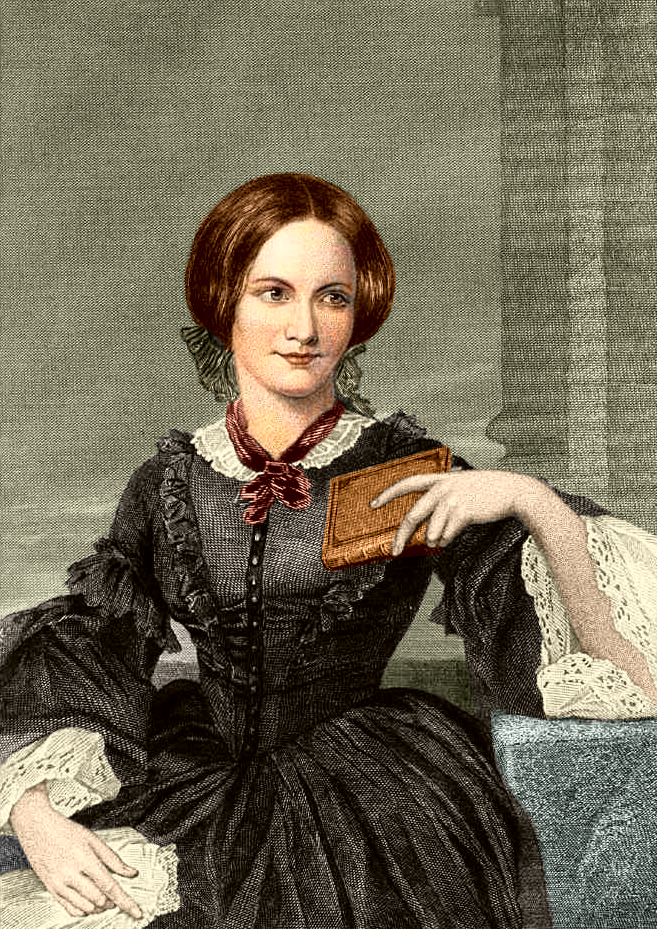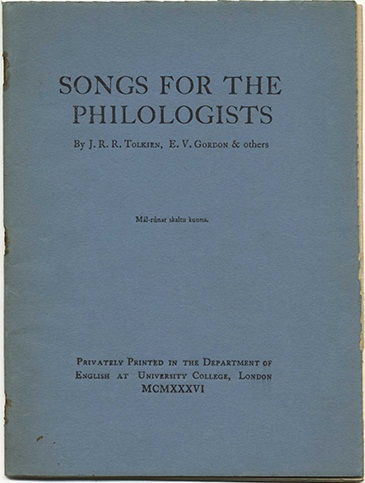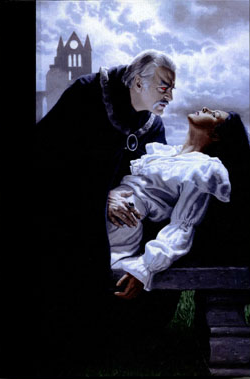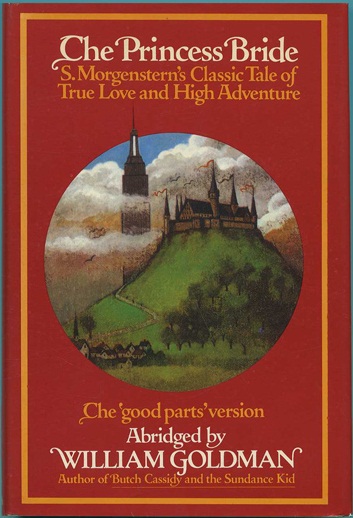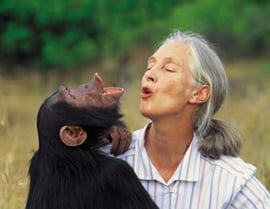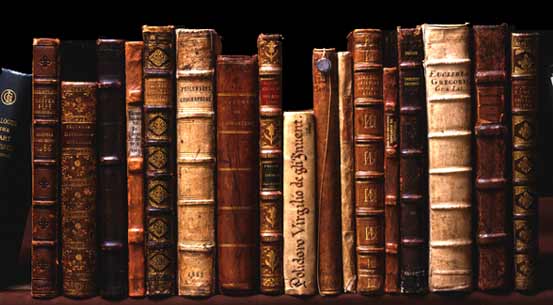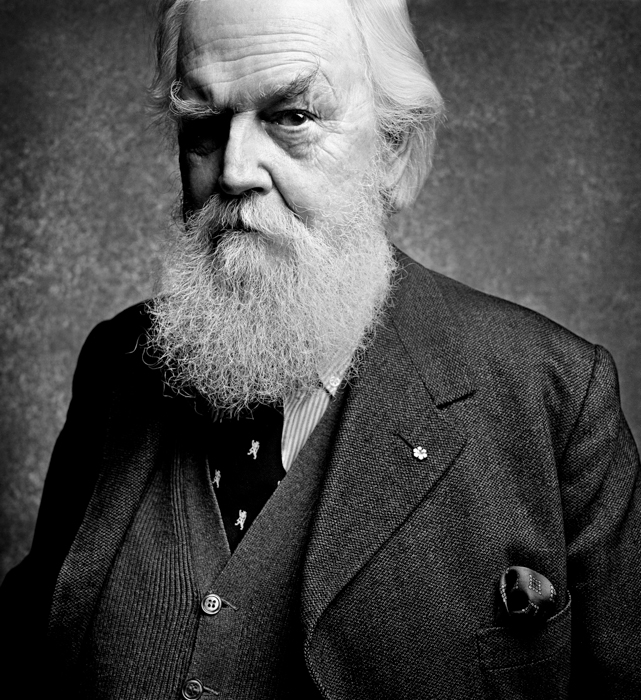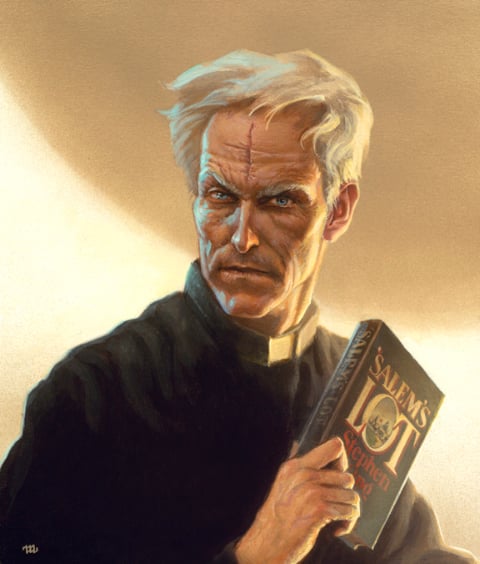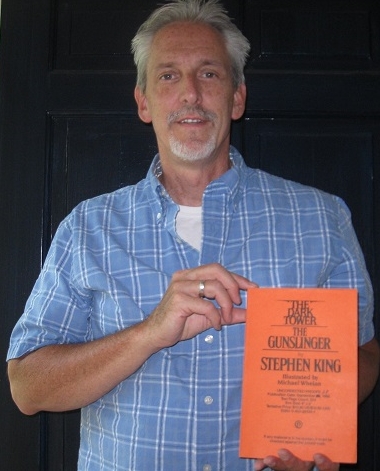Bearing more than a few parallels to her heroine, Jane Eyre, Charlotte Brontë was born poor, obscure, and plain. Despite leading a life filled with hardship and tragedy, Brontë became a successful novelist in her thirties. Yet while she received popular acclaim, Brontë also faced scathing reviews and harsh personal criticism.
Brontë's 1847 novel, Jane Eyre, earned the ire of critics for its frank depiction of passion in a woman - a governess, no less. Brontë was maligned as "unwomanly" and "unchristian." Poet Matthew Arnold wrote, "Miss Brontë has written a hideous, undelightful, convulsed, constricted novel... one of the most utterly disagreeable books I've ever read." The Quarterly Review asserted that Jane Eyre revealed "tone of mind and thought which has overthrown authority and violated every code human and divine." The novel had its share of defenders as well, not the least of which was fellow novelist Elizabeth Gaskell.





